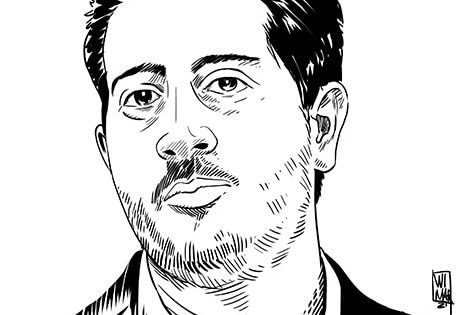The IPI calls for the immediate release of 22 journalists imprisoned in Cuba.
(IPI/IFEX) – Vienna, 7 July 2009 – The International Press Institute welcomes recommendations put forward by the UN Human Rights Council to lift restrictions on the rights to freedom of expression, including restrictions on the media, in Cuba and calls for the immediate release of 22 journalists imprisoned there – 21 of them arrested in a 2003 government crackdown.
In a report adopted by the UN Human Rights Council in June as part of its Universal Periodic Review, Cuba was commended for its achievements in the promotion of the rights to education, food and health. However, various national delegations, including those of Canada, the United Kingdom, France, the Netherlands, Austria, Chile, Italy and Slovakia, expressed concern about Cuba’s violation of the right to freedom of expression and the continued imprisonment of journalists and human rights defenders.
In particular, the report states: “In 2003, the Working Group on Arbitrary Detention held that the deprivation of liberty of 79 persons was arbitrary and requested Cuba to remedy this situation.” Among those arrested in the 2003 political crackdown were 29 journalists, 21 of whom remain in prison today.
“I am indeed glad to see that the report includes concerns about the lack of freedom of expression in Cuba as well as recommendations to lift restrictions on this fundamental right,” said IPI Director David Dadge. “However, I feel that these concerns are not given enough visibility in a report that also extensively commends Cuba’s achievements in the field of social and economic rights, providing a relatively positive assessment of the general human rights situation in the country.”
Noting the risk of disregarding the importance of freedom of expression and media freedom as pillars of any country’s political, social and economic stability, Dadge said, “Cuba’s suppression of dissenting voices, thoroughly and systematically carried out for so many years, strongly affects our ability to understand and assess the situation in the country. As many countries are reviewing their foreign policies toward Cuba, the need to listen to those suppressed voices becomes even greater.”
Among the cases highlighted in IPI’s “Justice Denied” campaign is that of Cuban journalist Omar Rodriguez Saludes, director of the independent news agency Nueva Prensa Cubana in Havana, who was arrested during the March 2003 crackdown on Cuba’s political dissidents and independent journalists. Rodriguez was sentenced to 27 years in prison, the longest sentence handed down to any of the 29 journalists arrested in the 2003 crackdown.
Speaking to IPI about recent changes within Cuba’s government and renewed hopes that Rodriguez may be granted leniency, the journalist’s wife, Ileana Marrero Joa, said, “The term ‘leniency’ is not correct, because what we need is ‘justice’ and he should be freed, since he did not commit any crime.”
Rodríguez began his journalistic career in 1995 as a freelance reporter and photographer. He later joined Nueva Prensa Cubana, where he wrote about political repression under the Castro regime, among other topics, and soon became the agency’s director.
A new IPI video, featuring interviews with members of Rodriguez’s family and photographs taken by the journalist, is a powerful reminder that fundamental rights are still being violated in Cuba.


